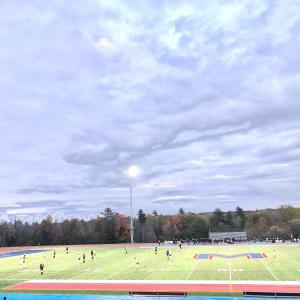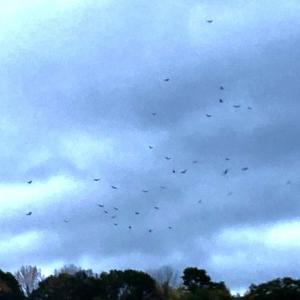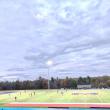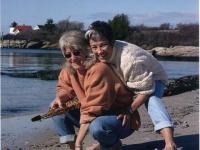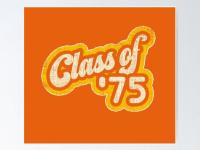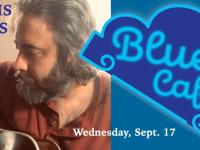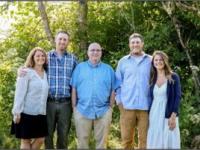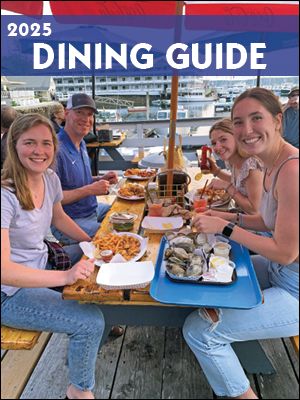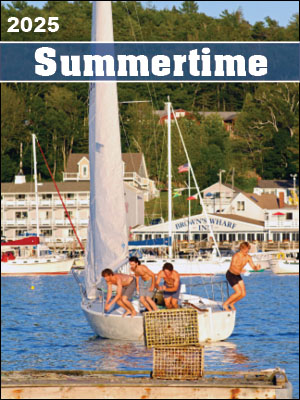Go Ahead, Call Yourself a Birder
 Birding can take place anywhere, even while watching a high school soccer game, where the authors observed the last of the day’s mourning doves. Courtesy of Jeff Wells
Birding can take place anywhere, even while watching a high school soccer game, where the authors observed the last of the day’s mourning doves. Courtesy of Jeff Wells
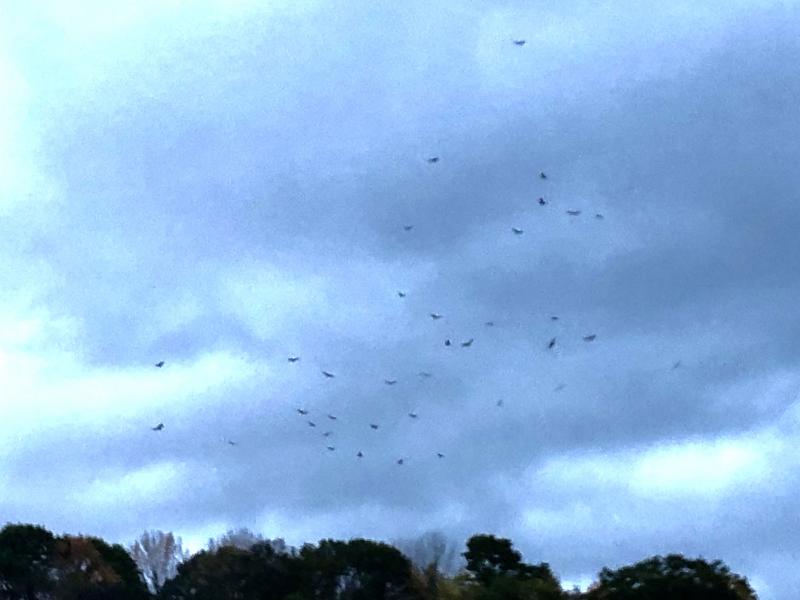 A massive swirling flock of turkey vultures heading to roost, observed by the authors while walking their dog. Courtesy of Jeff Wells
A massive swirling flock of turkey vultures heading to roost, observed by the authors while walking their dog. Courtesy of Jeff Wells
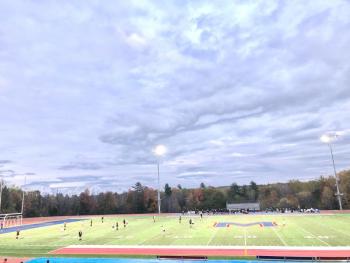 Birding can take place anywhere, even while watching a high school soccer game, where the authors observed the last of the day’s mourning doves. Courtesy of Jeff Wells
Birding can take place anywhere, even while watching a high school soccer game, where the authors observed the last of the day’s mourning doves. Courtesy of Jeff Wells
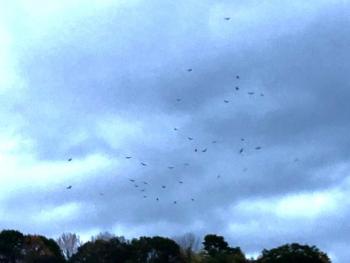 A massive swirling flock of turkey vultures heading to roost, observed by the authors while walking their dog. Courtesy of Jeff Wells
A massive swirling flock of turkey vultures heading to roost, observed by the authors while walking their dog. Courtesy of Jeff Wells
One of the wonderful things about the hobby of watching birds is its universality. No matter where you go and whatever else you are doing, chances are you will see or hear birds.
We had the good fortune to be able to attend a high school girls soccer game one early evening this week. We savored the chance to be outside cheering on the team with family and friends, something we don’t take for granted since COVID, while from the stands we could see the bold tapestry of yellow, red, and orange leaves of the autumn forest trees stretching off into the distance. We didn’t see many birds that evening. A few chunky mourning doves were it. They swooped in just as it was becoming too dark to see well. Perhaps moments before, they had been getting a last bit of food at some nearby backyard feeder. As they made their way to a favorite roost tree near the soccer field, we had to wonder whether the doves were surprised to find uniformed humans kicking a ball around while other humans clapped and cheered from the sideline stands.
We loved pondering that question while we also watched a riveting soccer match.
We were birdwatching.
Back when air travel was a more regular part of our existence, it was not uncommon for us to look for birds from the hot, stuffy confines of airport terminals. Just watching the distant high-flying gulls and soaring red-tailed hawks that are a regular sight from most of the airports through which we have flown can make you feel slightly more connected to the living world outside. We’ve even seen birds inside a few airports—the house sparrows inside the Orlando airport were always a big hit to our son when he was young.
Yup, we were birdwatching.
Walking the dog a few days ago, we saw an amazing swirling flock of turkey vultures. They numbered at least 70, certainly the most we’ve ever seen at one time in Maine, as they came in to roost in some very tall trees. We didn’t have our binoculars or telescope with us and we didn’t need them to identify the massive black birds flying with their wings held in the shape of a “V”. And that’s just one of the cool birds we’ve seen or heard on dog walks, as we’ve written about in previous columns.
Even that can be considered birdwatching.
Birdwatching can be done around the edges of everyday life activities.
Sure, it can be fun to load up with the binoculars and telescope and spend the entire day focused on nothing but finding and identifying birds in some special location already known by birders as a hot spot. But most people who enjoy seeing and learning about birds will do so in their own backyard, school, or neighborhood.
If you are a person who has been reluctant to call yourself a “birdwatcher” or “birder” because your main birdwatching activity occurs when you are doing something else, don’t hold back any more. Call yourself a birdwatcher or a birder and be proud because you are.
Jeffrey V. Wells, Ph.D., is a Fellow of the Cornell Lab of Ornithology and Vice President of Boreal Conservation for National Audubon. Dr. Wells is one of the nation's leading bird experts and conservation biologists and author of the “Birder’s Conservation Handbook.” His grandfather, the late John Chase, was a columnist for the Boothbay Register for many years. Allison Childs Wells, formerly of the Cornell Lab of Ornithology, is a senior director at the Natural Resources Council of Maine, a nonprofit membership organization working statewide to protect the nature of Maine. Both are widely published natural history writers and are the authors of the popular books, “Maine’s Favorite Birds” (Tilbury House) and “Birds of Aruba, Bonaire, and Curaçao: A Site and Field Guide,” (Cornell University Press).

